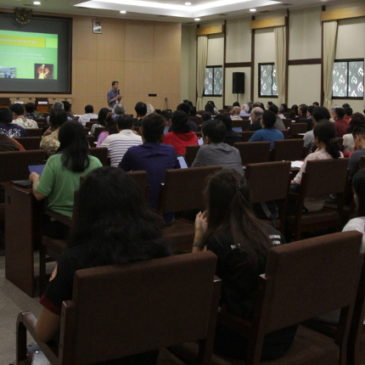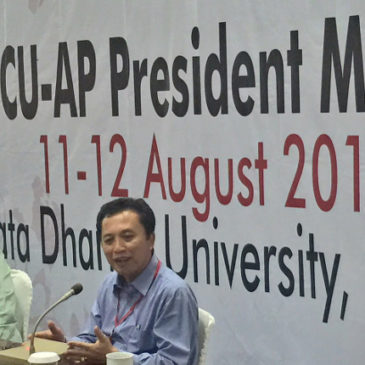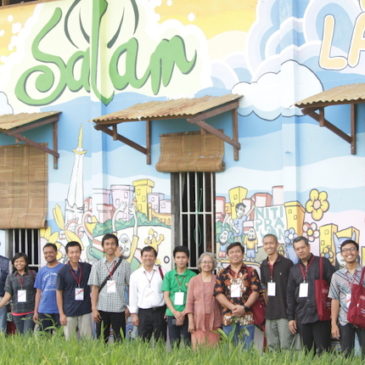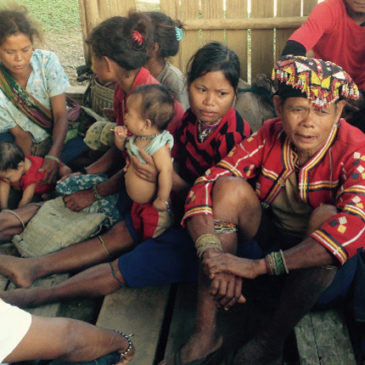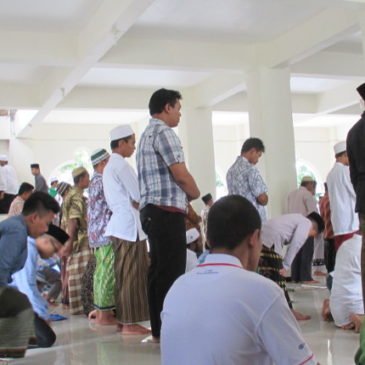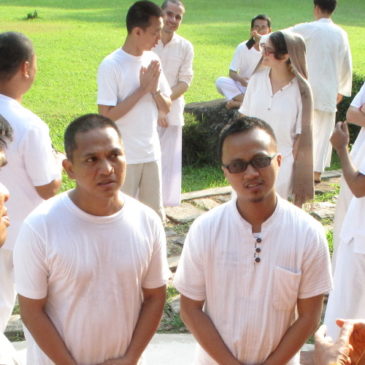A new way of being a Jesuit conference
One might have thought they would be exhausted after two long days of immersion, talks and group work, but the third and final day of the Jesuit Conference of Asia Pacific (JCAP) sustainability conference saw ideas coming fast and furious on how sustainability in Asia Pacific can be increased. A bright flame had been lit in the approximately 140 participants from across Asia Pacific.


